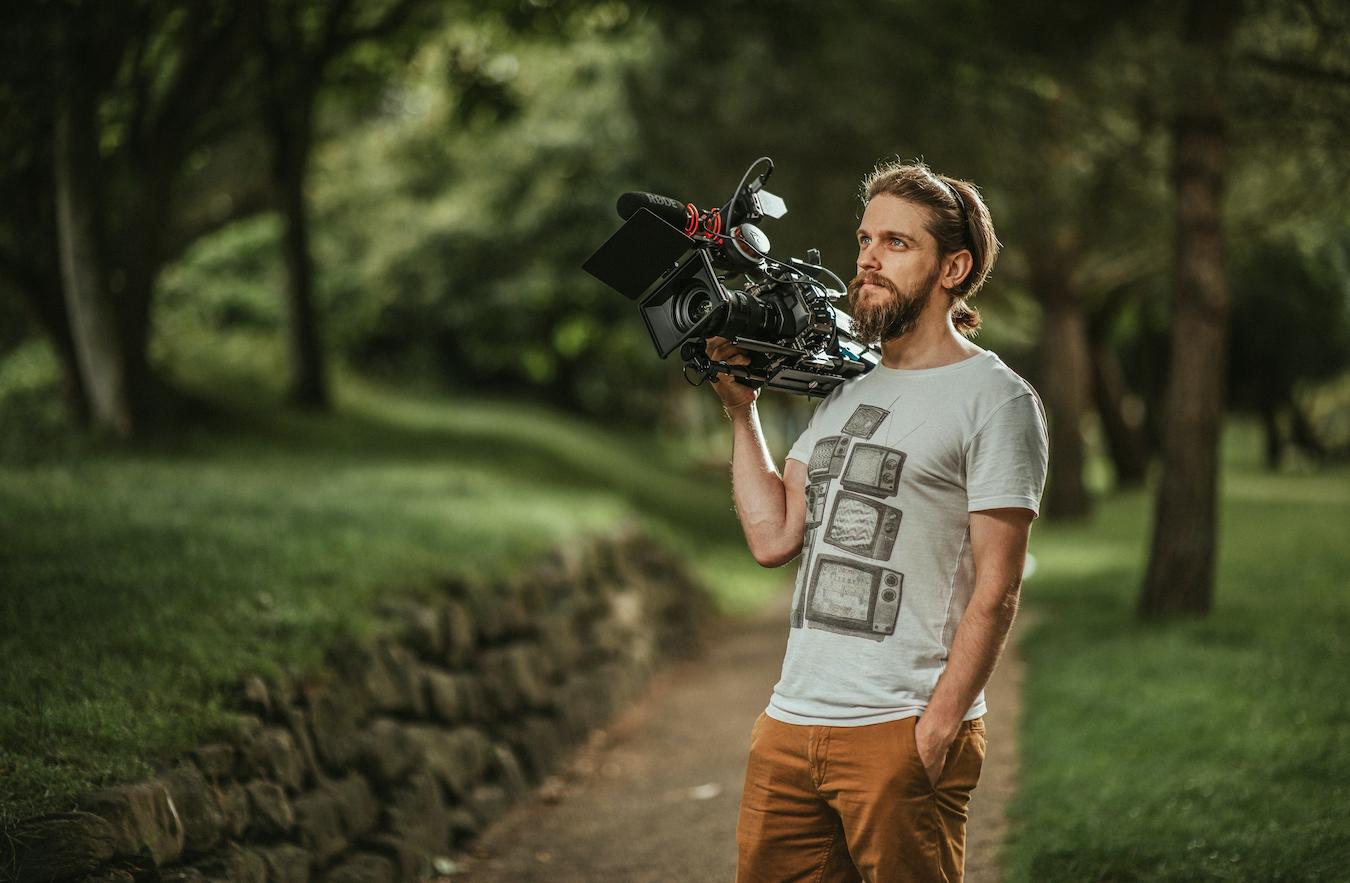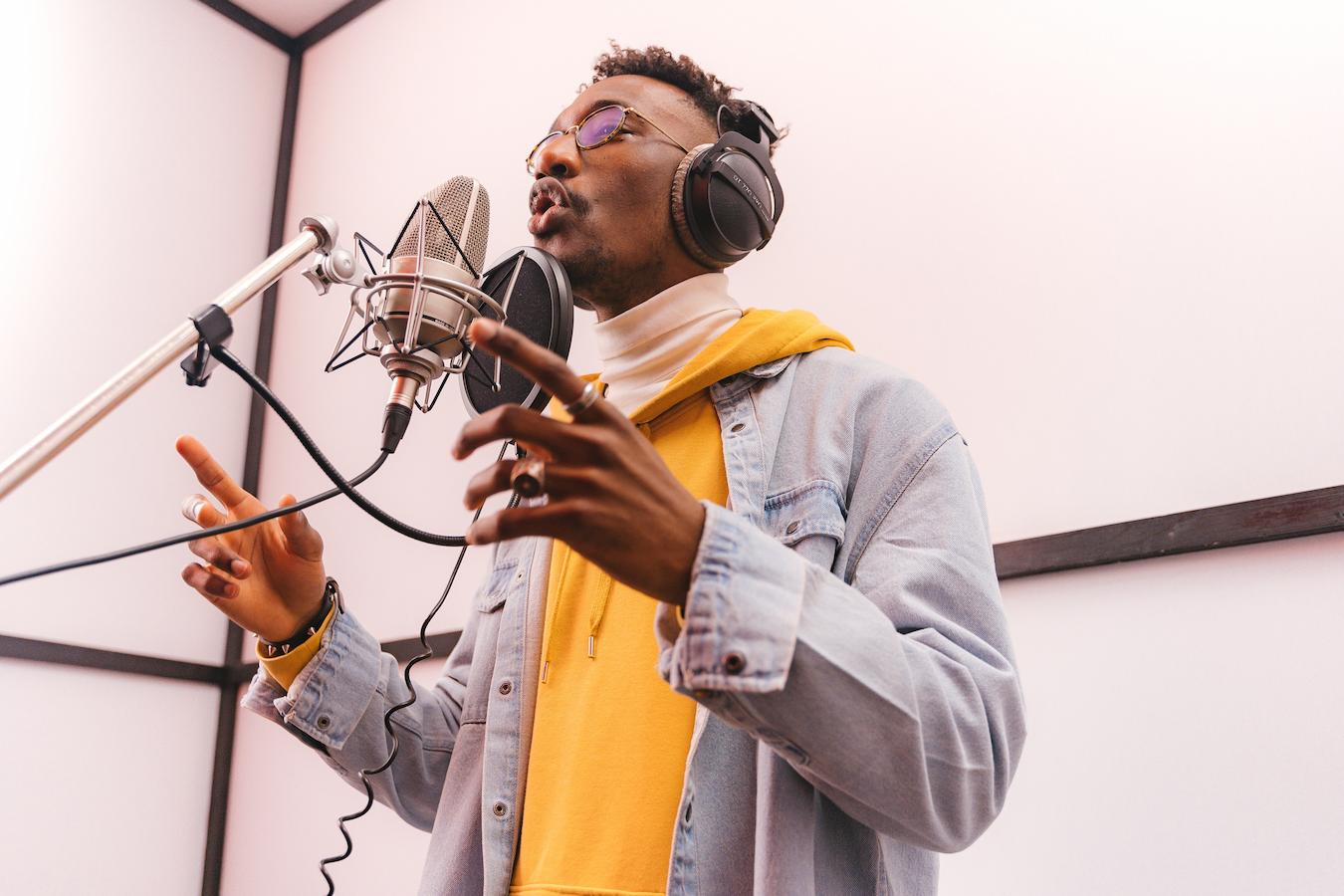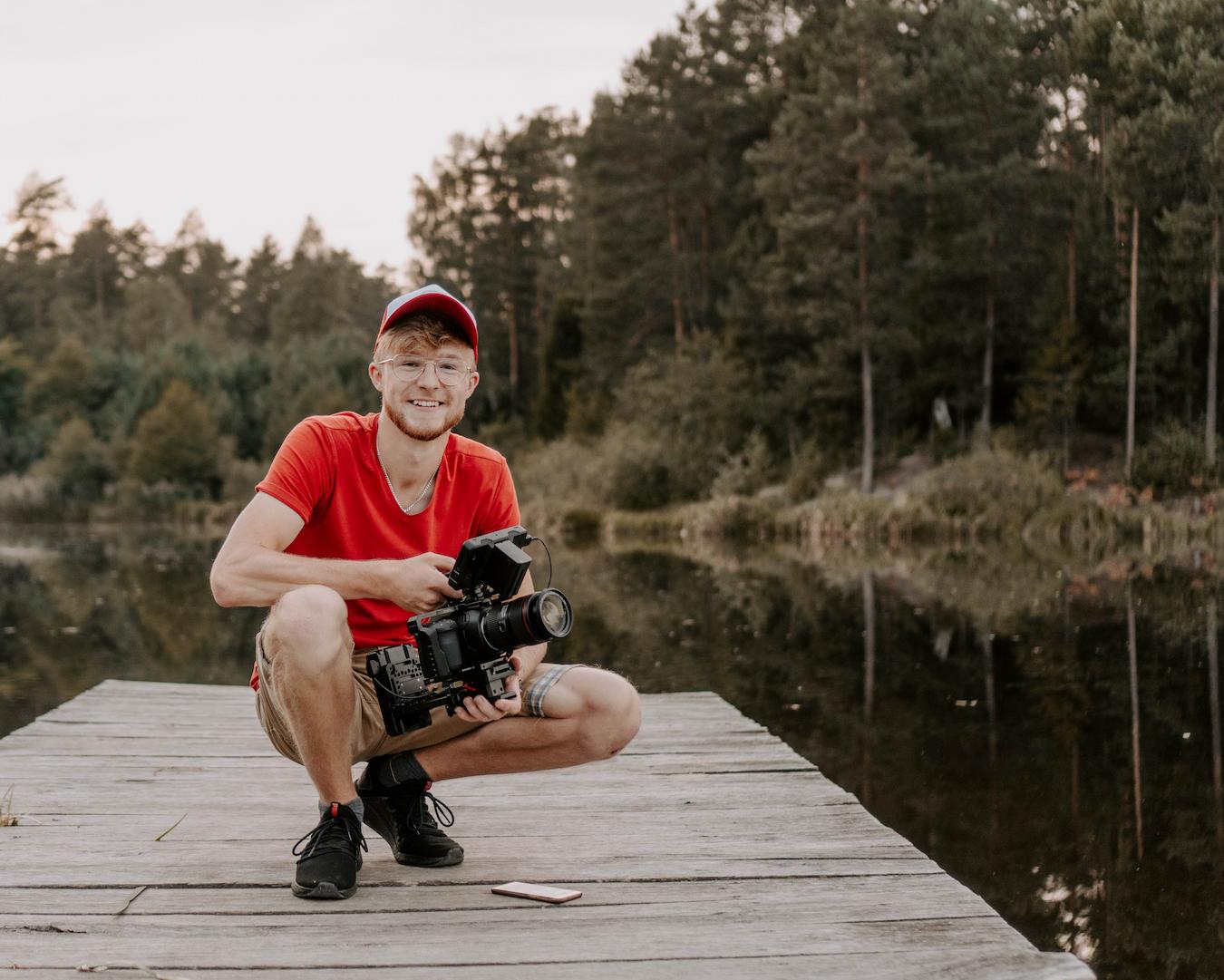Windswept greenery or tall concrete jungles? Stark muted colors or vibrant explosive hues?
Sounds like a game of “Would you rather?” but these are the decisions that a Director of Photography, or DP, must deal with on a daily basis. It’s easy to fall into the trap of thinking that every film image just perfectly happens on its own.
But if you’ve made your way to this article, you probably know that there are far more components that make up a film shot than meets the average eye. So, we won’t waste your time.
You’re interested in a career path that leads to film, photography, cinematography, the works? Great! Read on.
Responsibilities of a Director of Photography
As the Director of Photography, you’ll be in charge of manifesting the director’s vision. But more importantly, you’ll be introducing new ideas and themes that the film director might not have even picked up on.
Brainstorm during pre-production
Pre-production is the time for the Director of Photography to work closely with the director. This will be your chance to dream up limitless possibilities that will make up your moving images, and all without worrying about the technical aspects. At least not yet.
Scout locations
Some DP’s prefer to scout locations themselves while others are comfortable sending out a production assistant to do the work instead. Either way, these locations must take into account the lighting equipment, camera angles, visual language, and more.
Alternatively, a project might call for a sound stage. And in that case, a DP will be in charge of setting the perfect scene there!
See Related: What Does A Location Scout Do?
Oversee camera crews
As Director of Photography, you will be in charge of giving the line producer a list of film and camera equipment you’ll be needing. And as you assemble the department heads from the camera department and lighting department, you’ll also need to ensure that someone is in charge of maintaining equipment.
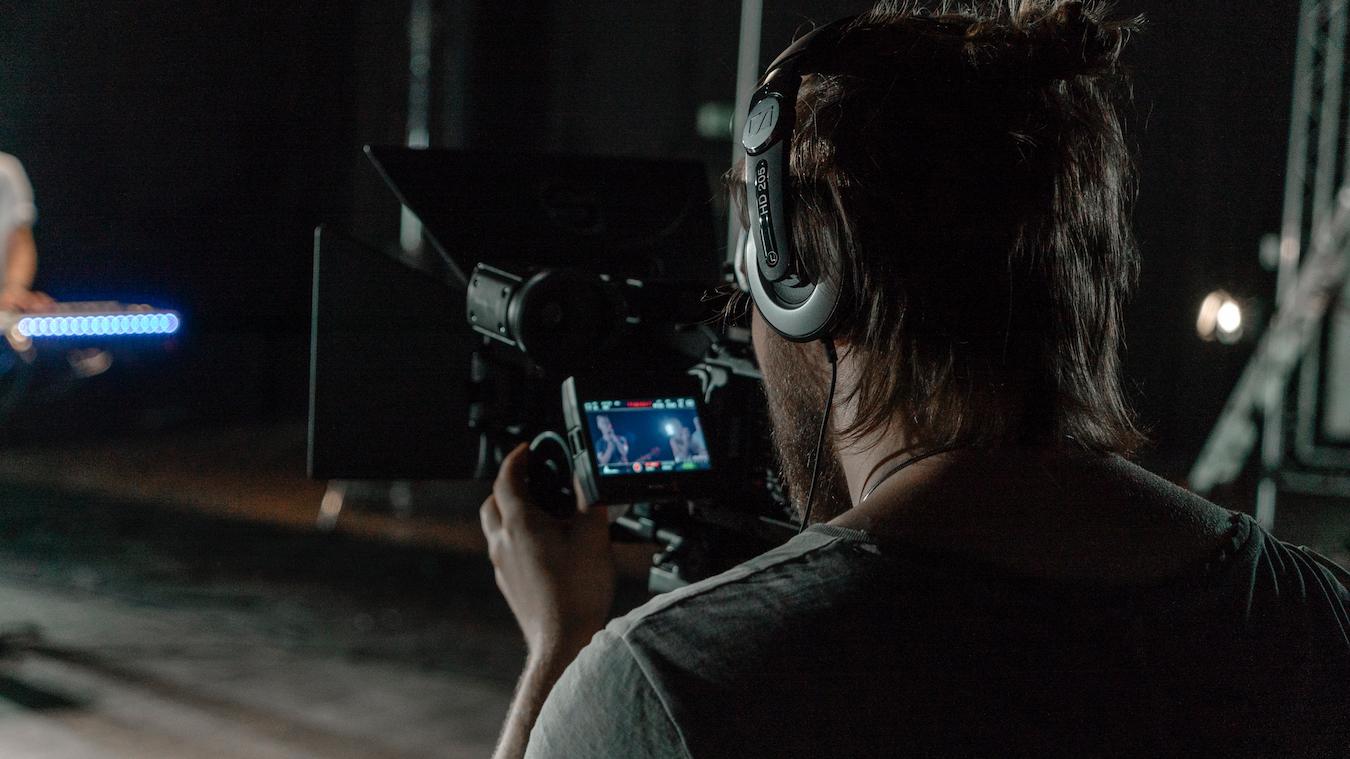
Determine how to shoot a scene
This is your moment to shine! On the film set – whether that’s on location or in an event space rental – you’ll work closely with camera operators on camera movement and lenses to pick up a moving image from specific angles and color palettes.
Go over dailies
Dailies are the raw footage you’ll be getting well acquainted with as the Director of Photography. You’ll assess whether the film footage is in fact on the same page as the original creative vision you dreamed up with the director.
Work on color grading
During post-production is where a Director of Photography lets their cinematography skills shine as they decide on and edit color to fit the film’s overall palette. What? You think Blade Runner just naturally looked like that?
What qualifications do you need to be a director of photography?
There are many career paths that reach toward becoming a Director of Photography. But that being said, the most successful careers often include the following skill sets and qualifications below.
Technical knowledge of camera equipment
Just because you have the artistic eye doesn’t mean you shouldn’t be able to execute the vision for yourself. Since you’ll be working with the camera operator, first assistant camera operator, and so on, you’ll need a working knowledge of the camera itself.
But don’t mistake camera operation for something as easy as a slice of pie. Any time you have the opportunity to be a camera trainee or camera assistant, take it!
You’re guaranteed to learn more about your craft every single time you do. And then you’ll just be more up to date as to the latest film techniques in your field!
Understanding of lighting techniques
Shooting short films isn’t as easy as it sounds. And as photography director, you’ll need to know how to balance out the light, lenses, and locations to make for the perfect focus puller.
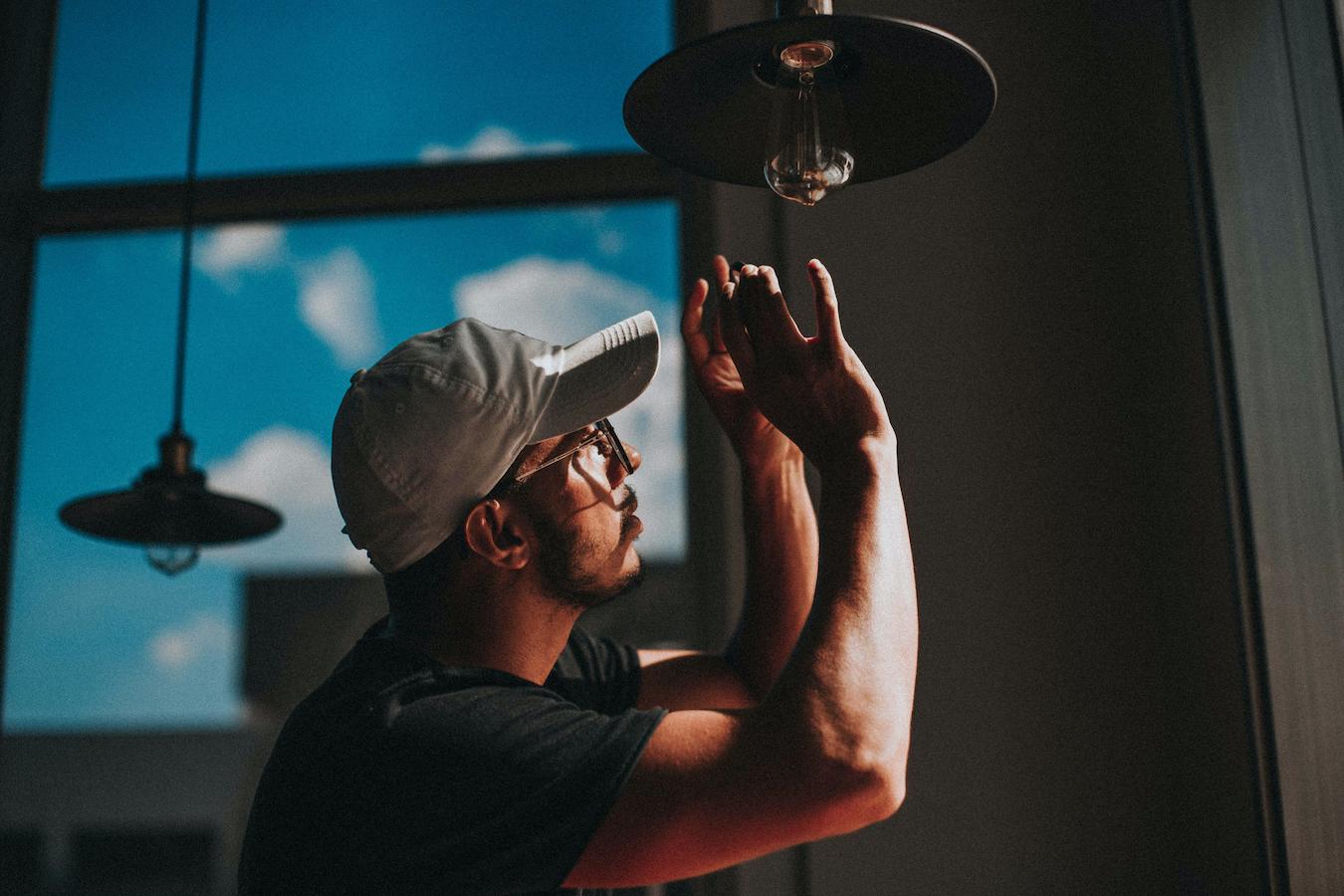
Not only that, you’ll need to lead multiple sets of people to make that vision come true! In this way, an aspiring DP must always keep in mind that their leadership, communication, and interpersonal skills are just as important as their technical knowledge.
If not, more so. After all, your great attention to detail can only be executed when you’ve got crew members on the job who like and respect you.
Bonus: What Was The First Film With Sound?
How much does a director of photography make?
Of course, the salary of a Director of Photography will depend on just how many feature films, music videos, and student films you’ll be working on. But you can expect to earn an average salary of $75,000 per year, give or take.
Steps to becoming a director of photography
Alright, now you know what it takes to become a Director of Photography. But how exactly do you do it?
#1. Enroll in film school
Film schools will provide you with a wealth of knowledge that you won’t get anywhere else. Except maybe the film industry itself.
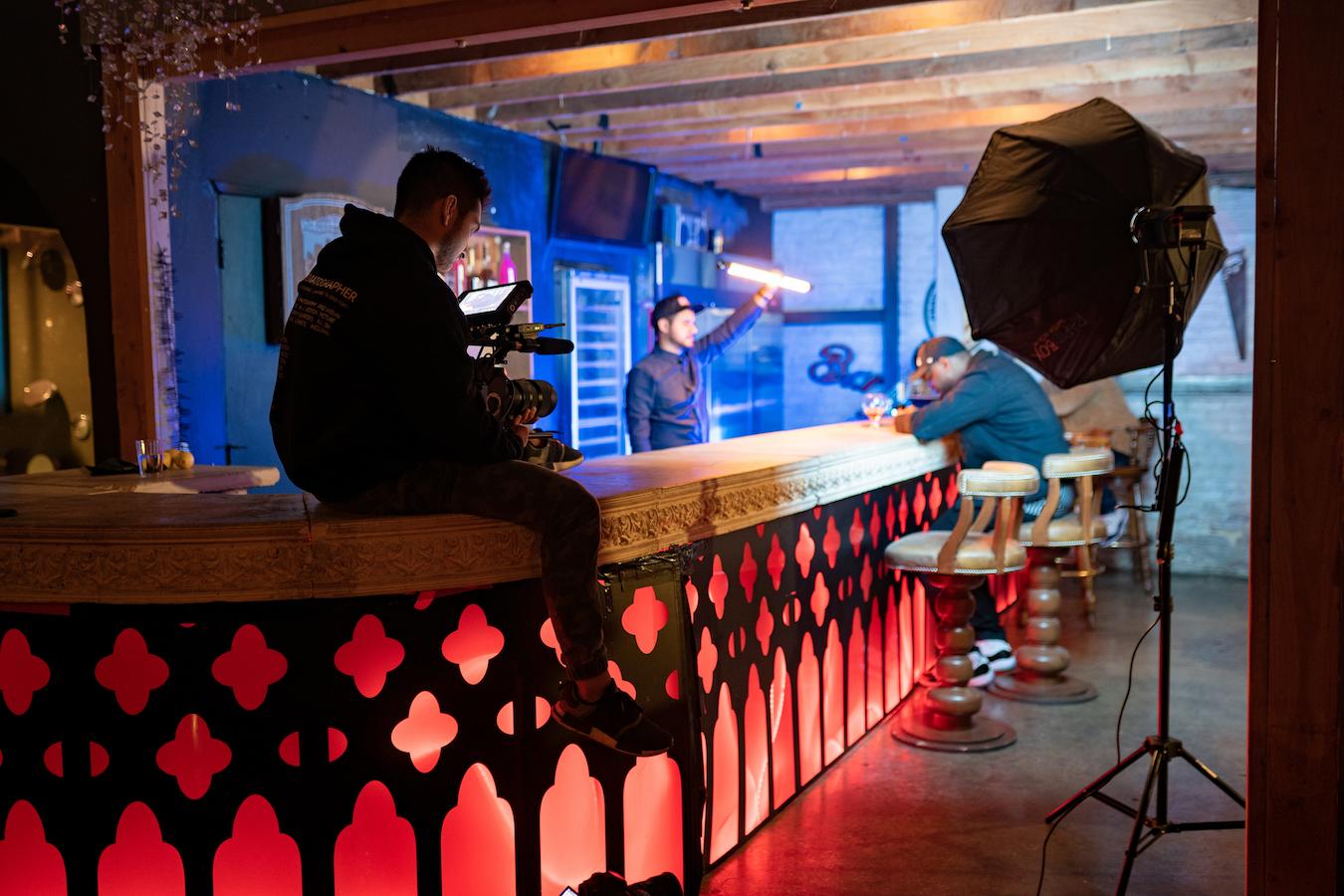
But in order to get into the film industry, you’ll need to have a knowledge of the filmmaking process. And maybe having some friends on the lighting team wouldn’t hurt as well.
Obtaining your bachelor’s degree in cinematography or photography will deeply enhance your ability to network. And a big part of the cinematographer’s job is working with people.
#2. Spend time on a film set
No, you won’t be the Director of Photography right off the bat. But you might get a job as a production assistant at a creative media production studios.
Or, you might even find a string of short films to work, allowing your film school skillsets the ability to put into practice. Either way, you’ll want to work job after job to learn all that you can about principal photography.
#3. Hone your technical skills
Many directors will tell you that they are constantly learning their craft. And that’s exactly what a successful Director of Photography must do.
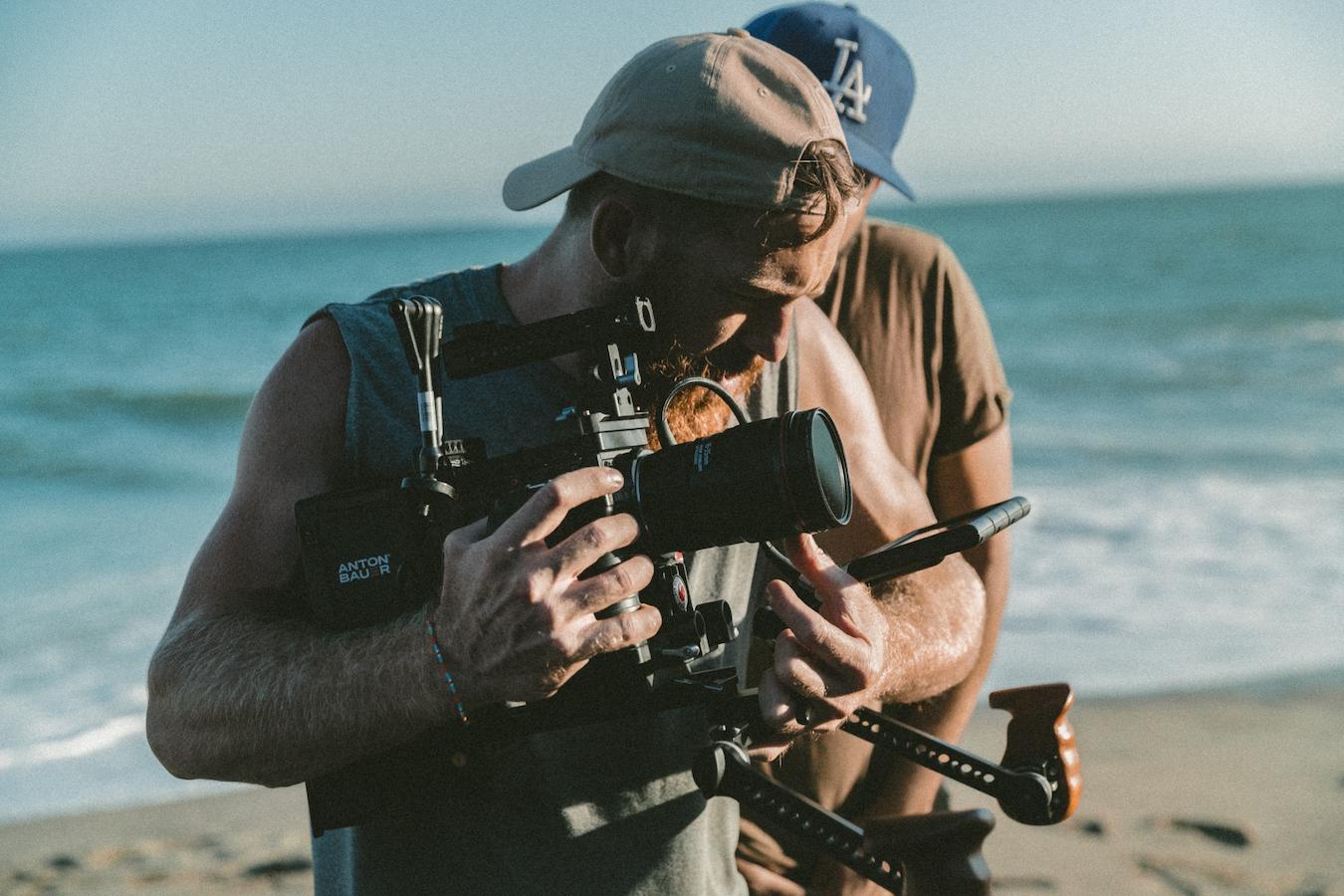
Whether it’s in post-production of your film or on set with the camera crew, you’ll have the opportunity to hone your skill sets even further. So even when you feel like you’ve milked everything you can out of film and photography, think again. And milk harder!
#4. Find jobs and keep going
Even if you’re an amazing Director of Photography, no one will know to hire you unless they know who you are. So join the International Cinematographers Guild and network, network, network.
Film and photography are industries that require your absolute enthusiasm at the drop of a hat! Because you never know when the right opportunity is about to come your way.
Final thoughts
We’re not saying that it’s as easy as ABC. But if you’ve got the eye for film and photography, and you’re willing to chase your dream, then these tips will only help you get there faster.
So remember to keep looking for the light. And find the perfect lens to view it through.
Keep Reading: How To Become A Film Producer
–
Mack Sennett Studios is a historic full-service photography studio, production sound stage, and private event space in Silver Lake, serving as creative home to the Los Angeles cultural renaissance for the last 100 years. Check us out on Facebook, Twitter, Vimeo, Pinterest, Yelp and Instagram.

